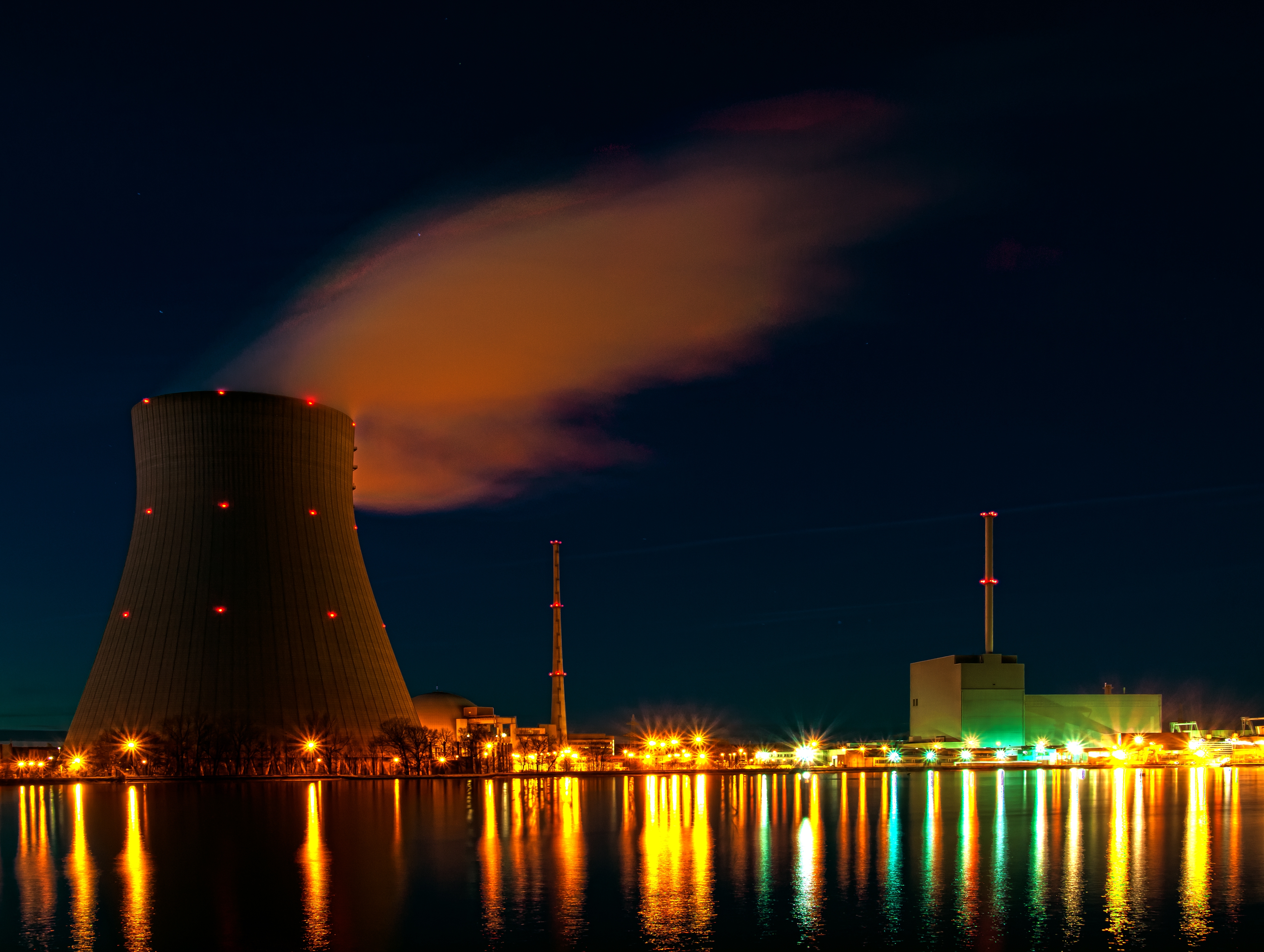
Isar Nuclear Power Plant at Night (© Bjoern Schwarz)
In the wake of global energy challenges and shifting geopolitics, Germany's decision to phase out nuclear power is facing renewed scrutiny. This article explores the evolving case for nuclear energy in Germany, considering the latest advancements in technology, safety, and international energy strategy.
Germany's nuclear phase-out was accelerated after the 2011 Fukushima disaster, with all nuclear reactors planned to be shut down by 2022. This was part of a broader push toward renewable energy under the Energiewende initiative. However, the recent global push for decarbonization and increased energy security has prompted a reassessment of nuclear power's potential role.
The Climate Change Imperative
Nuclear energy offers significant benefits for climate change mitigation, providing low-carbon electricity essential for reducing greenhouse gas emissions. Its capacity for constant power generation makes it a reliable complement to intermittent renewable sources like wind and solar.Economic Considerations and Technological Advances
New nuclear technologies, such as Small Modular Reactors (SMRs) and advanced reactor designs, promise enhanced safety and economic benefits. SMRs, for example, can be constructed more quickly and at a lower cost than traditional reactors, potentially offering a more scalable and flexible approach to nuclear power deploymentSafety Innovations in Nuclear Technology
The latest generation of nuclear reactors includes significant safety enhancements. Advanced reactors employ passive safety systems that can operate without external power or human intervention, significantly mitigating the risks of severe accidents. These systems are designed to automatically stabilize the reactor in adverse conditions, reducing the likelihood of core damageNuclear Waste Management and Sustainability
Managing nuclear waste remains a critical issue. However, advances in reactor technology may offer new solutions, such as recycling used fuel, which could reduce the overall volume and toxicity of nuclear wastePublic Perception and Political Landscape
The German public's skepticism toward nuclear power is influenced by safety concerns and historical anti-nuclear sentiments. Any policy shift would require extensive public engagement and transparent communication to reshape perceptions and garner support. Countries like France and Canada continue to invest heavily in nuclear power, leveraging new technologies to enhance safety and efficiency. These international examples provide valuable insights into how nuclear energy can be safely and economically integrated into a national energy strategyPolicy Recommendations
To capitalize on nuclear energy's potential, Germany would need to- Reassess the economic and environmental benefits of advanced nuclear technologies.
- Foster public and political dialogue to address concerns and highlight new advancements in safety and technology.
- Develop robust policies and frameworks to support the deployment and operation of new nuclear plants, focusing on safety, waste management, and economic viability.